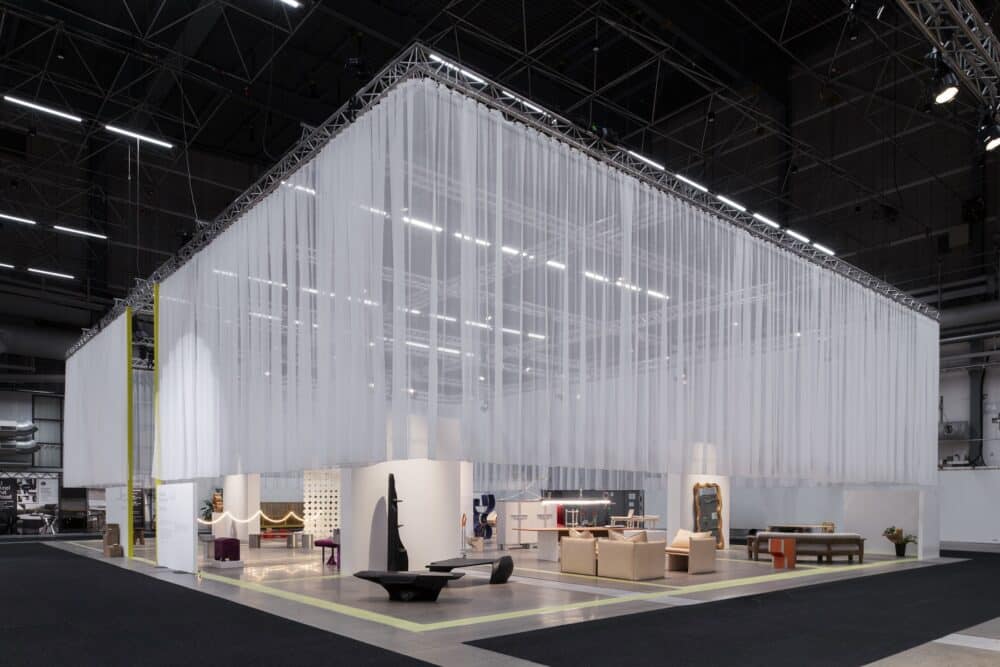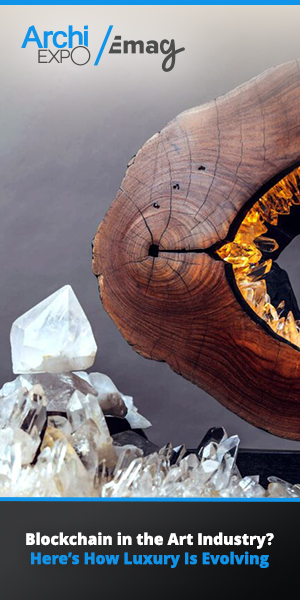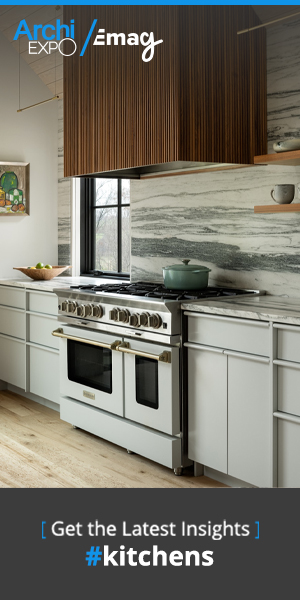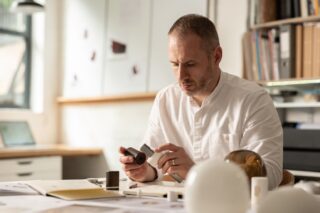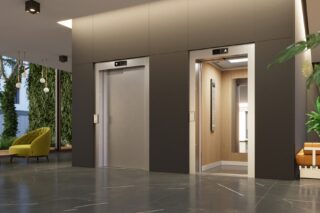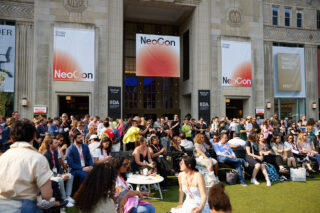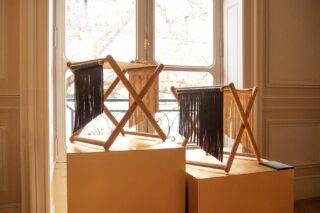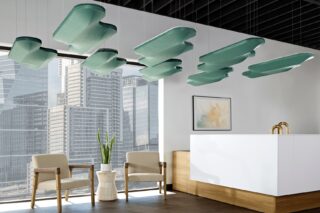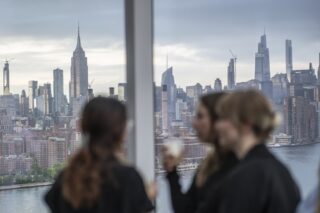At SFF 2025, visitors discovered product launches and experimental and limited-edition designs. In her exhibition MANUFRACTURE, Faye Toogood brings artisans behind designs to the forefront.
February 4–8—The Stockholm Furniture Fair 2025 united industry professionals, creatives, and design enthusiasts at Stockholmsmässan.The event unveiled product launches, sustainable solutions, and bold experimental pieces, offering visitors a first look at the future of furniture and lighting design. This year’s Guest of Honor, renowned designer Faye Toogood, presented MANUFRACTURE, an introspective exhibition celebrating the hands behind the craft. Meanwhile, Älvsjö Gård showcased limited-edition and experimental works from forward-thinking designers, blurring the lines between art and functionality.
Faye Toogood’s MANUFRACTURE: A Tribute to Craftsmanship
Following her recent recognition as Maison&Objet’s Designer of the Year, Faye Toogood presented MANUFRACTURE as the SFF event’s 20th Guest of Honor. The exhibition celebrated the artisans behind design. Through maquettes, unfinished works, and personal archives, she invites visitors to explore the journey from concept to creation, highlighting the often-overlooked craftsmanship that shapes furniture.
At the heart of the exhibition is a call for a more sustainable and thoughtful approach to production. Toogood’s latest collection, Assemblage 8, embodies this ethos, with pieces like the Gummy upholstered chair—crafted from natural materials such as wool and coconut husk—demonstrating her commitment to ethical design. In a world saturated with mass-produced objects, she challenges both designers and consumers to value process over profit, urging a reconnection with craftsmanship.
“For furniture to have a future, we must mend the fractures in our chain of makers,” she asserted in an interview with the organizers before the event.
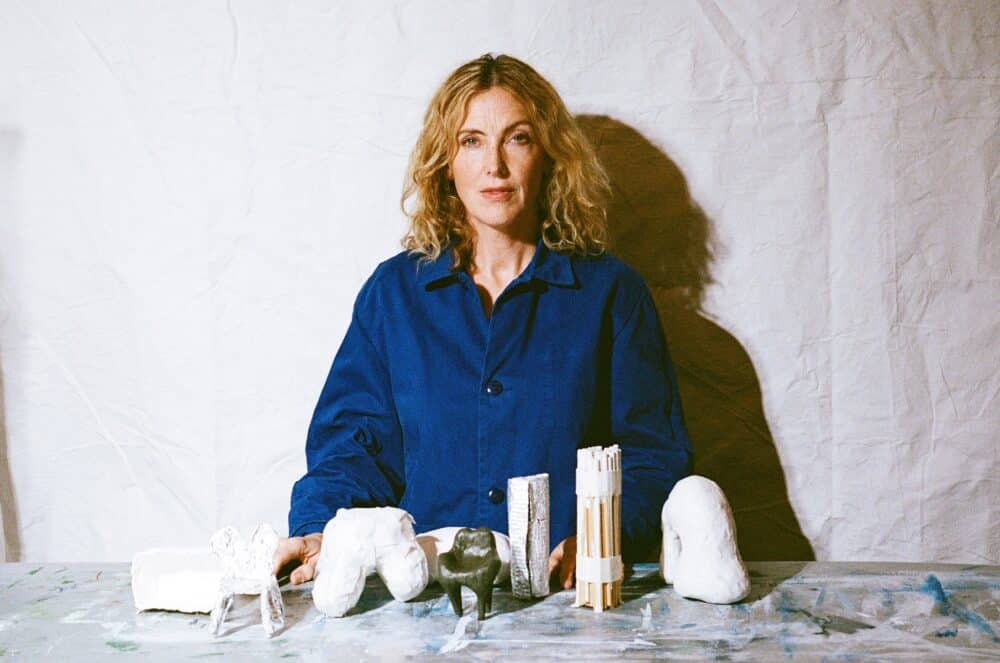
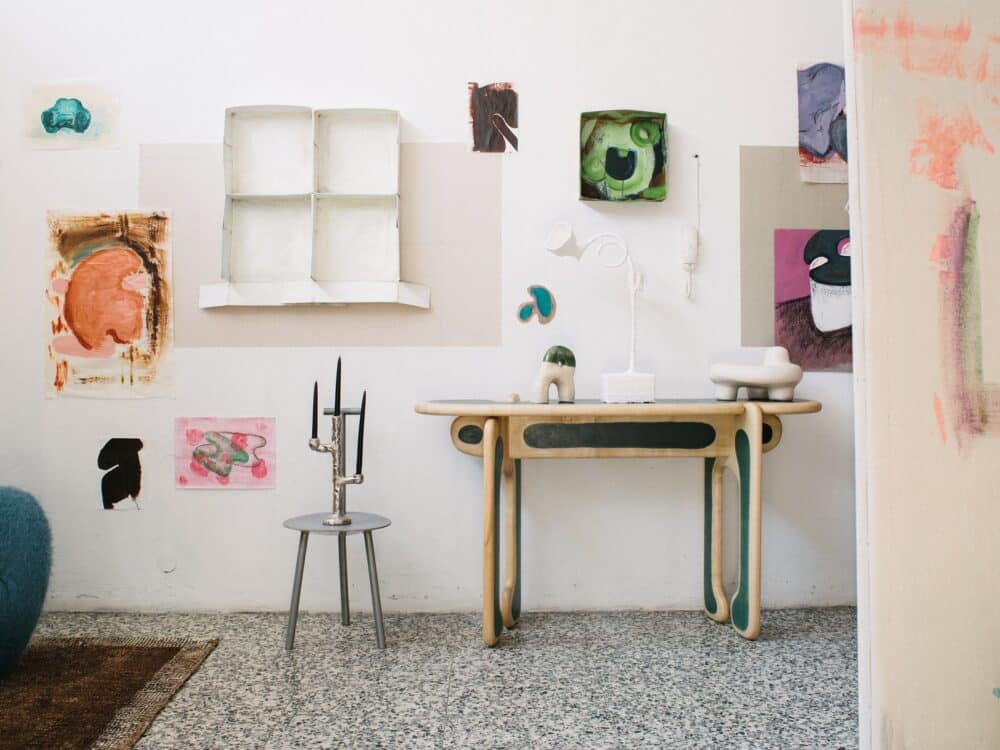
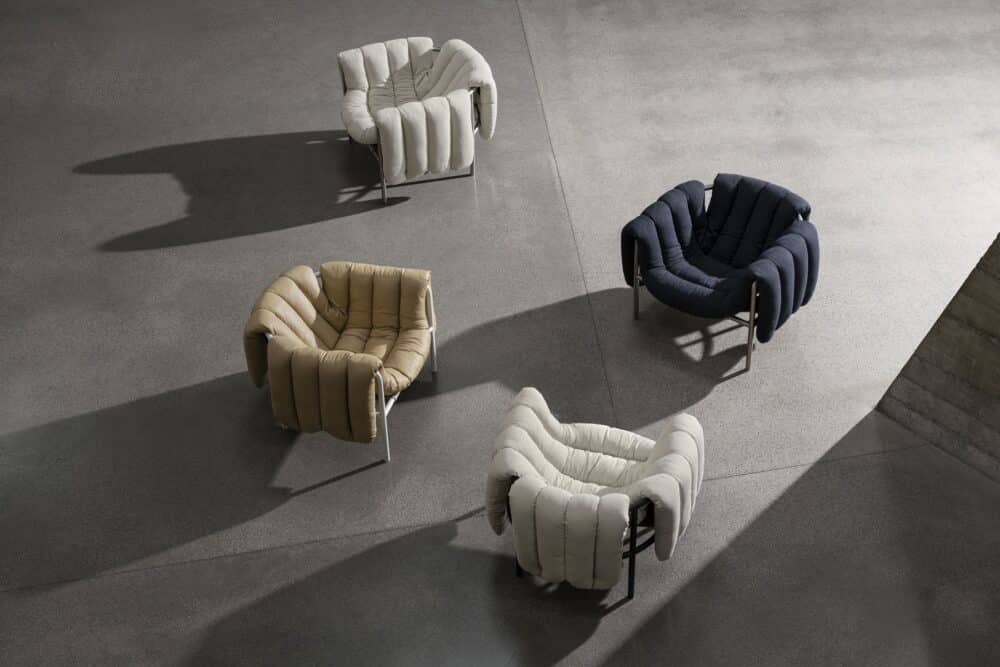
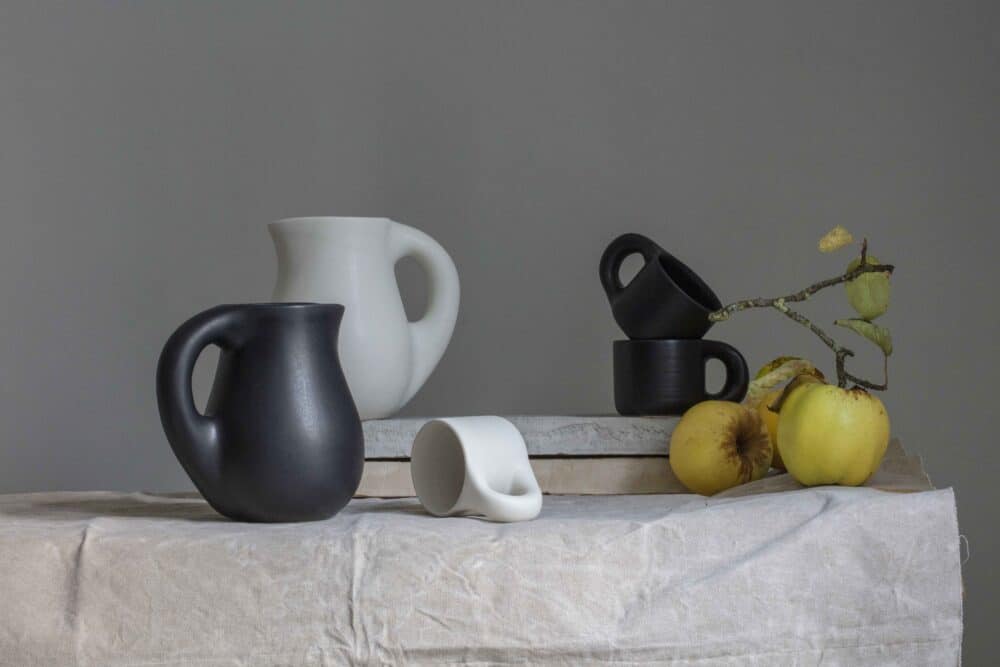
Älvsjö Gård: Pushing the Boundaries of Design
Älvsjö Gård provided a platform for experimental and limited-edition design, bringing together small-scale craftsmanship and industrial production. Among this year’s standout participants, Jenny Nordberg showcased a collection of furniture assembled from discarded office equipment, created in collaboration with Soeco/Yllw, reflecting her signature approach of blending brutalist aesthetics with sustainability. Meanwhile, Simon Mattisson presented Animism, a striking series of 3D-printed functional sculptures that merge digital fabrication with organic forms, demonstrating his innovative approach to material and process.
With a focus on craftsmanship and artistic exploration, Älvsjö Gård highlighted one-of-a-kind works that blur the line between functional objects and collectible design. Anna Maria Øfstedal Eng introduced sculptural furniture hand-shaped in her Oslo studio, emphasizing the natural qualities of wood, while Niklas Runesson’s tactile, carved seating pieces invited interaction. By fostering creativity and experimentation, Älvsjö Gård continues to serve as an essential platform for designers redefining the future of furniture.
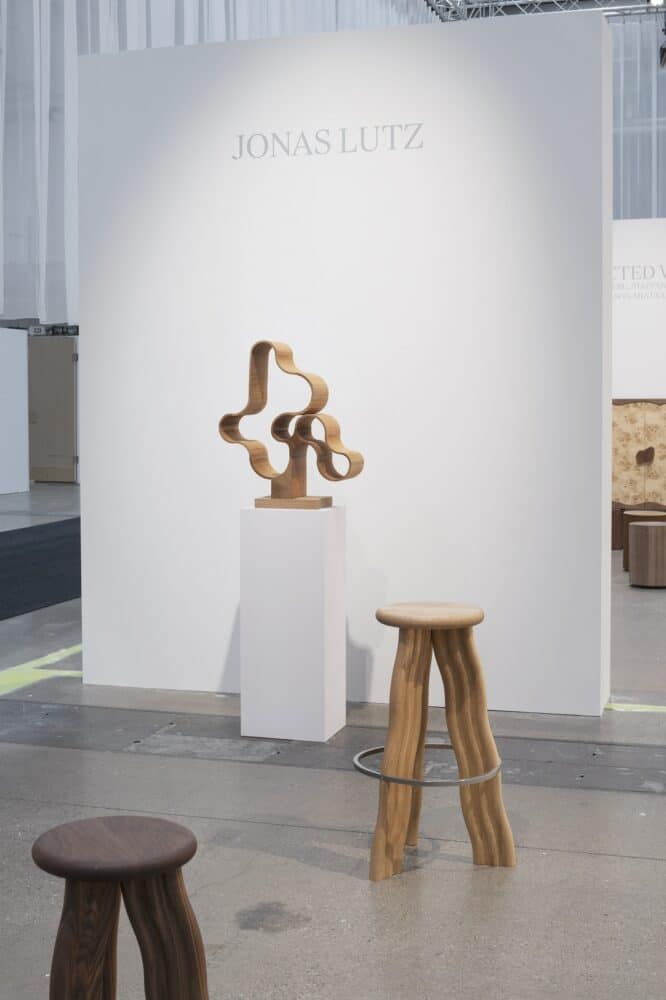
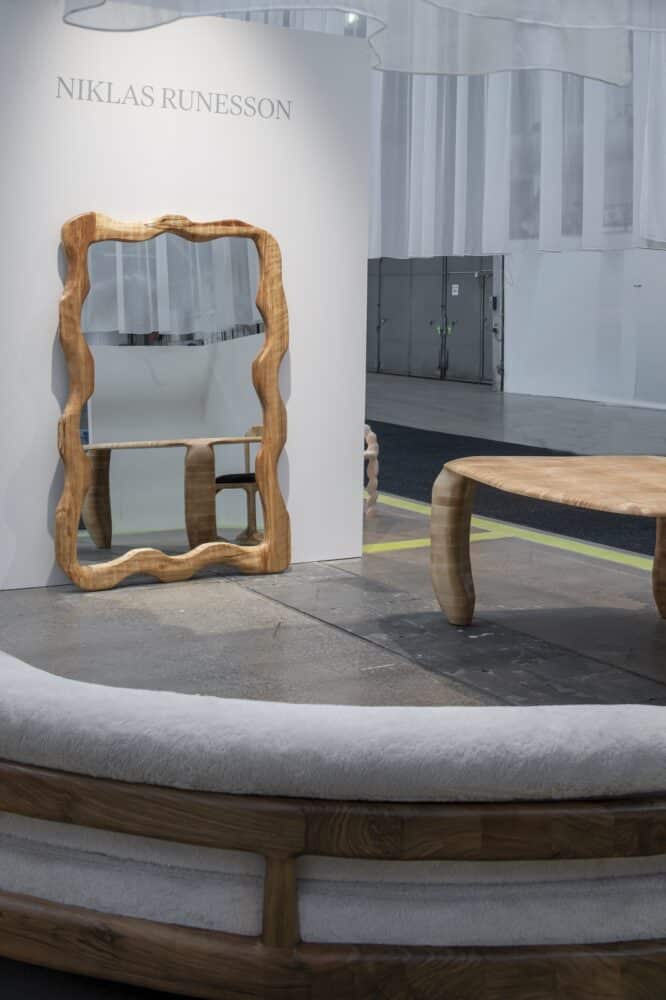
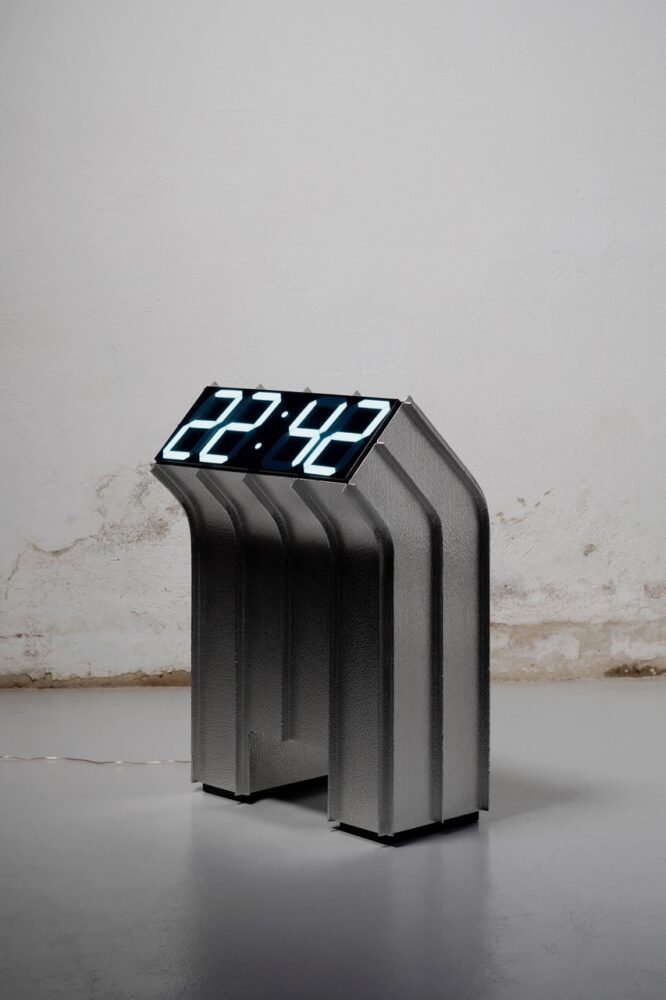
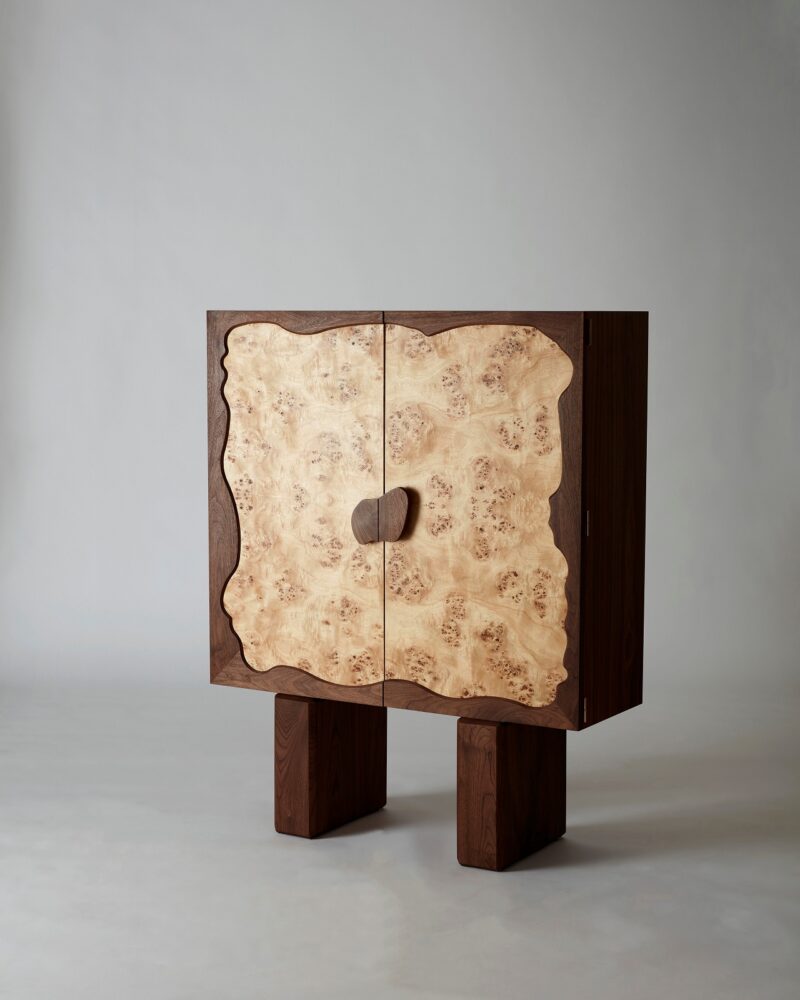
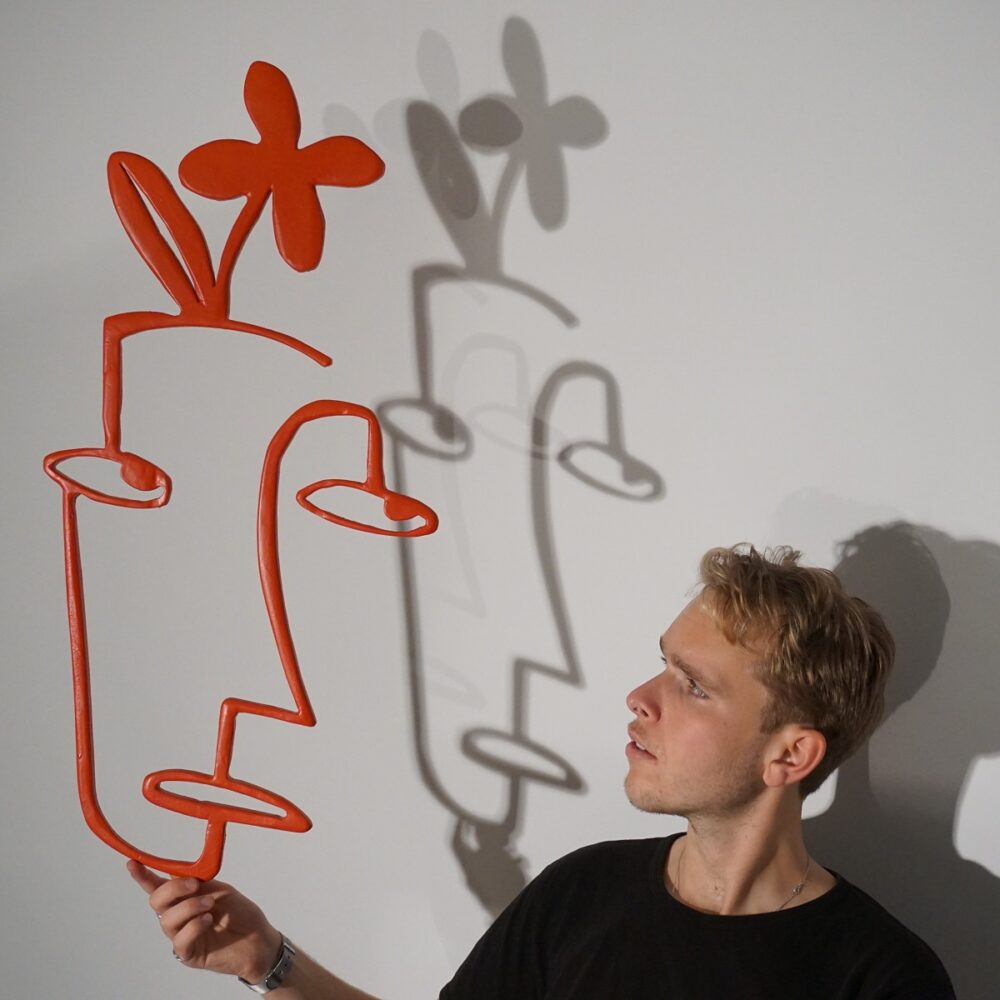
Brand Highlights: Innovation, Craft, and Sustainability
At the heart of this year’s fair are brands that redefine craftsmanship, sustainability, and innovation in furniture design. Whether through material experimentation, ecological responsibility, or adaptability, each of these five brands brings a distinct perspective to contemporary design. SU Valgus illuminates spaces with handcrafted, sculptural planters that seamlessly blend function and art. Studio Kloak challenges conventional waste practices by transforming discarded materials into collectible, zero-waste furniture. Nadén takes a hyper-local approach, crafting wooden furniture from sustainably managed forests near their workshop, ensuring a deep connection between material and maker. Balzar Beskow upholds Swedish tradition by producing high-quality, durable furniture tailored for public spaces, while Blå Station pushes the boundaries of modular and adaptable seating, offering dynamic solutions for evolving environments. Together, these brands showcase the diverse ways design can be both thoughtful and transformative.
Decofunc by Blå Station explores a multi-flexible non-permanent pattern, that goes hand in hand with functionality. Providing endless ways to decorate, Decofunc has a steel frame that can be turned in four different directions, creating endless variations, solid wooden knobs, non-permanent add-ons in hot-molded recycled polyester felt with flat inserts in wood, steel, or felt. Beautiful with and without fillers.
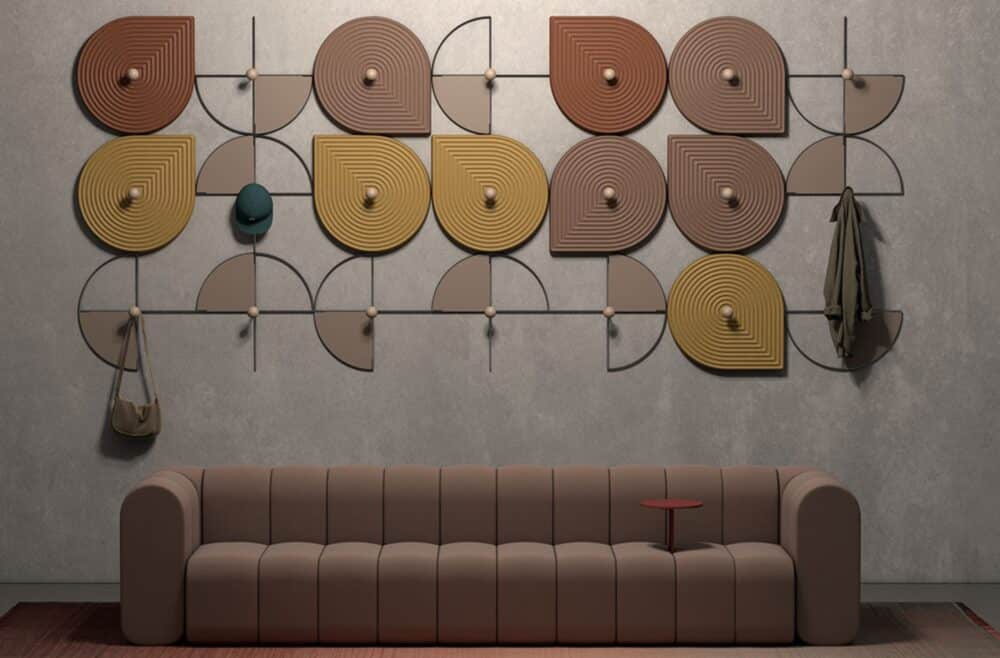
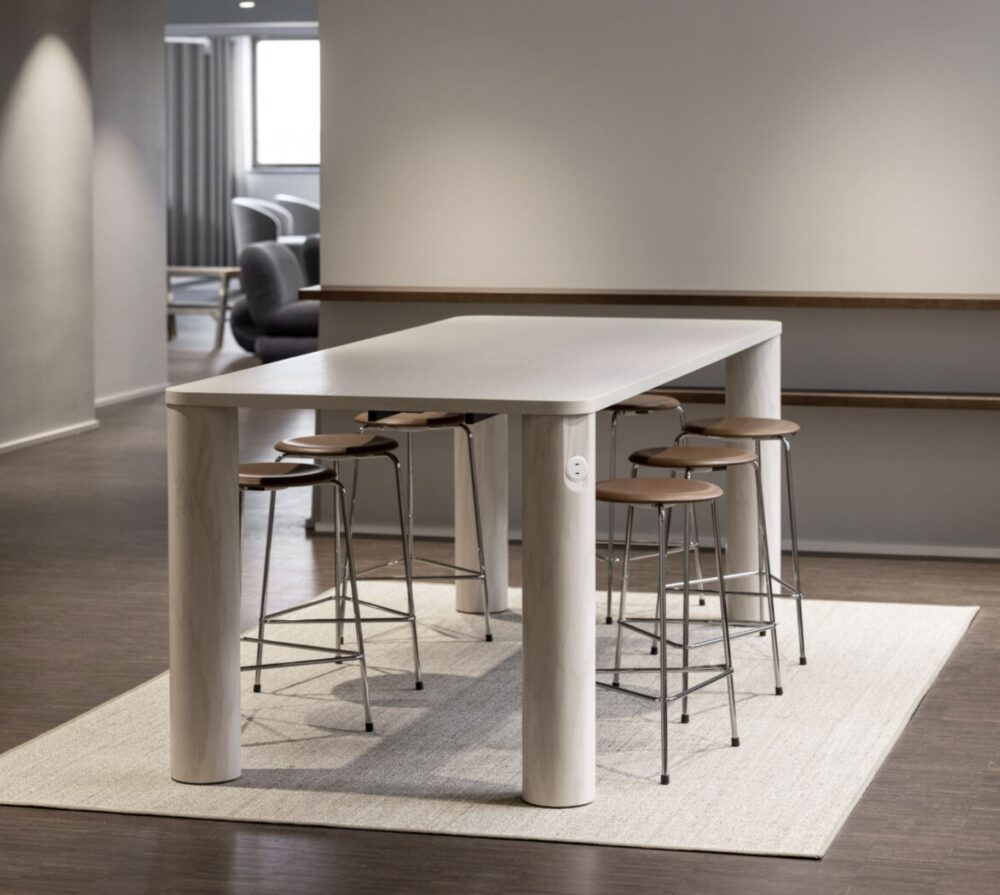
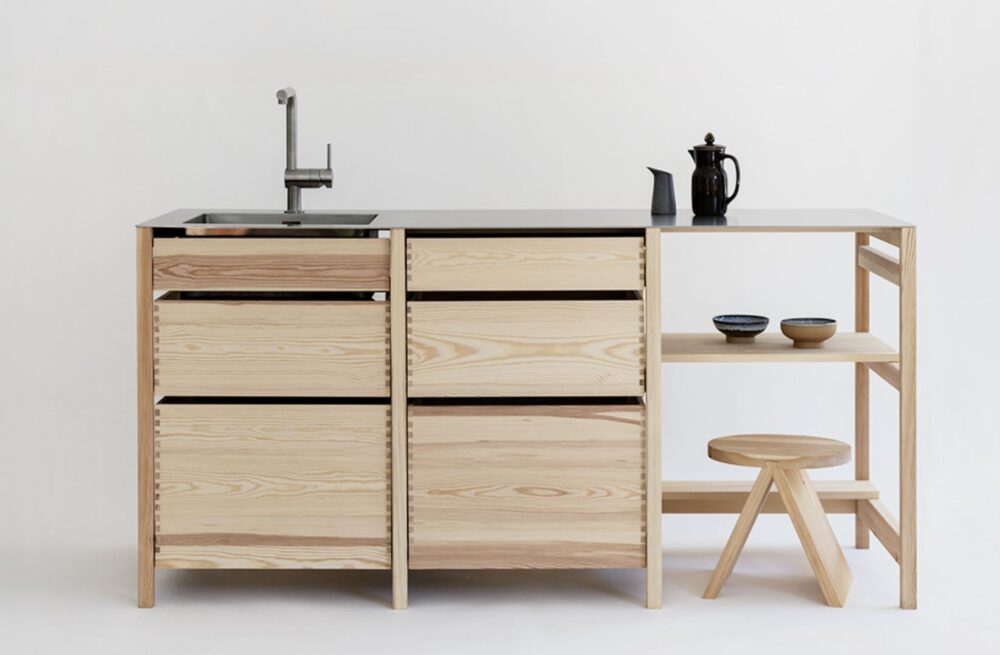
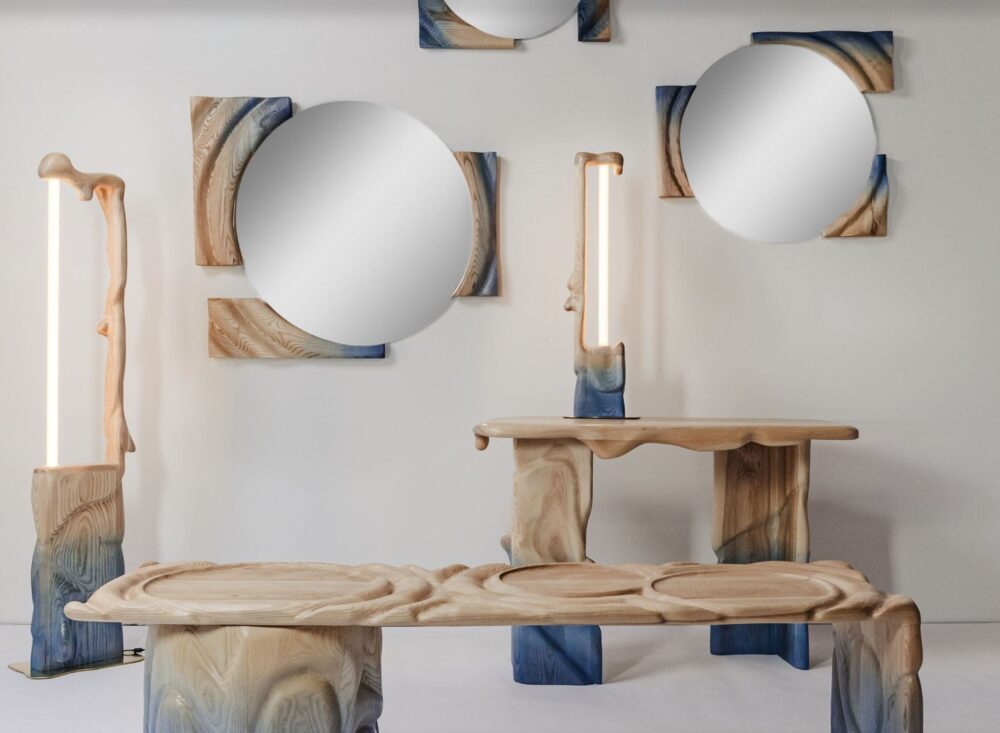
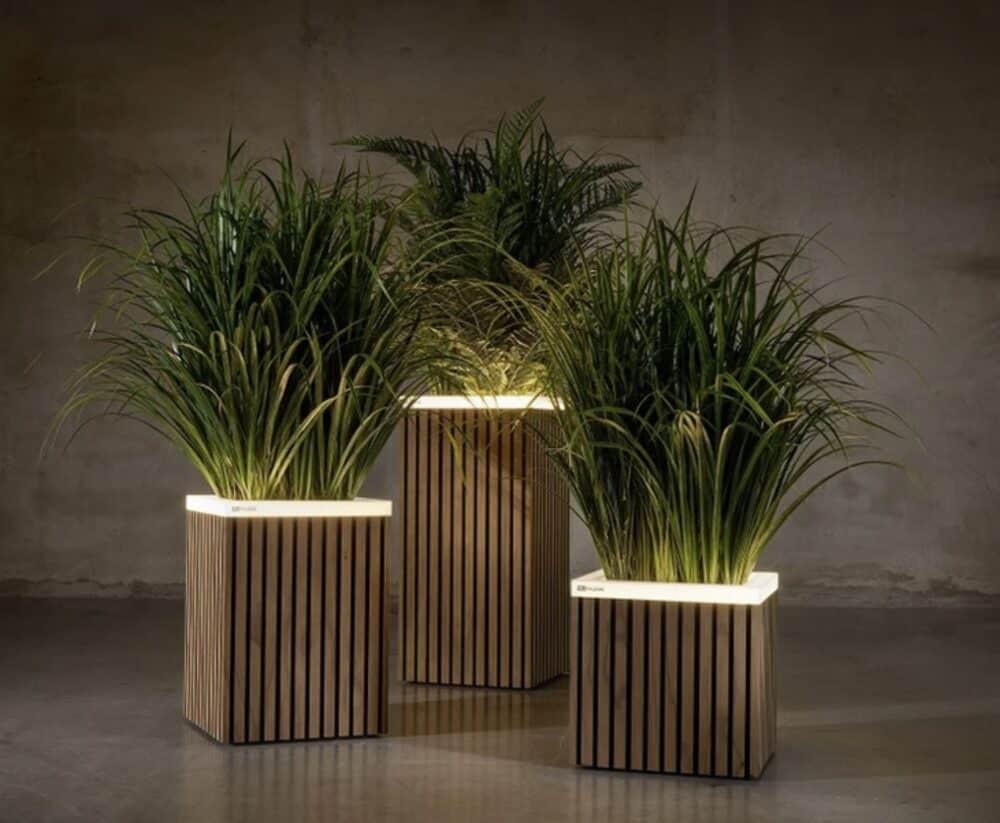
New Woody Collection of Indoor and Outdoor Illuminated Planters by SU Valgus
SU Valgus unveiled its new Woody collection of indoor and outdoor illuminated planters made of pine, oak, and ash. Treated solely with heat and steam, the wood never undergoes chemical intervention in the fabrication process. Radiata Fine Pipeline, the signature piece of the collection, exhibits a contrast between natural pine and black recesses. Accompanying this product, the Ash Wideline exhibits stunning patterns on a sleek, clean surface. A classic wide line continues in the Red Oak Wideline and White Oak Wideline showcasing distinctive, delicate rays on the wood’s surface with brushed or smooth finish. Ash Fineline, sourced from sustainable forests, is an eco-friendly choice that combines durability with environmental responsibility with a rich brown hue and natural wood patterns for sustainable beauty. Launched in 2013, the company continues its focus on IP standards for electrical parts as well as eco-standards by implementing LED lighting for energy efficiency.
Mushroom Mycelium Collection by Studio Kloak
For its most recent collection, Studio Kloak cultivated mycelium with woodshop waste for a structural medium. As the root-like structure of mushrooms, mycelium breaks down organic matter and thrives on waste. This renewable, biodegradable material resists natural fire and has insulation properties, offering an eco-friendly alternative to conventional materials.
In the collection, the base of the side tables is crafted from locally sourced fallen ash, salvaged from trees removed to mitigate disease and environmental impact. The mycelium table tops are grown directly in molds designed around the base, ensuring a perfect fit for stackability and transport-friendly installation. The tall table lamp features removable, replaceable, and recyclable components. Like the tables, the lamp base is also made from locally sourced fallen ash. The mycelium wall tiles represent a broad range of experimentation with material combinations, exploring the potential of mycelium as a structural medium. Mixed with decontaminated shop vacuum waste, plastic, Styrofoam, and other materials, these tiles push the boundaries of tensile strength while addressing global waste challenges.
